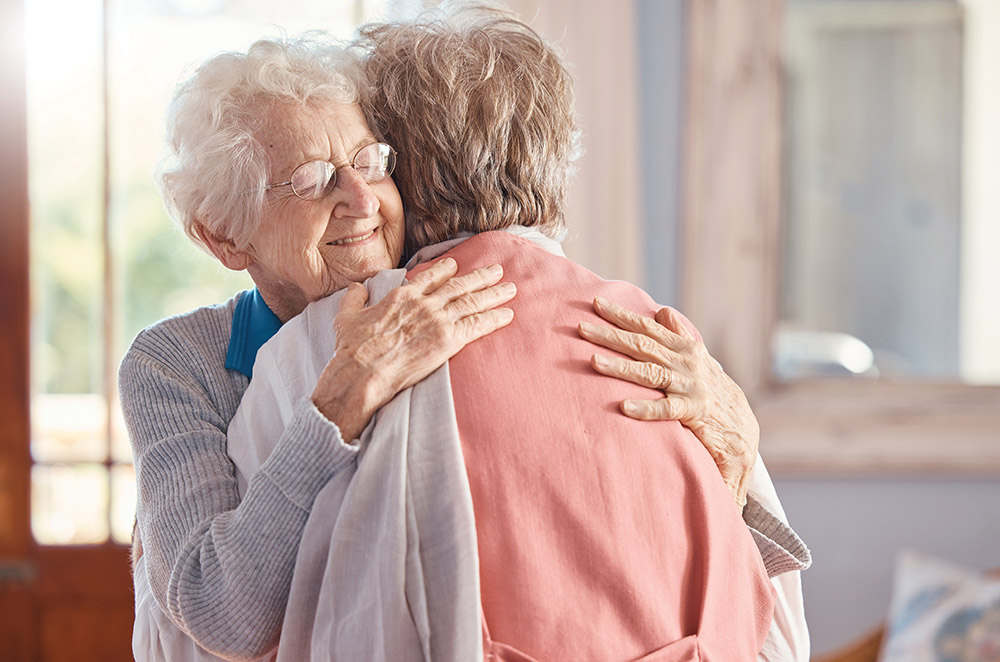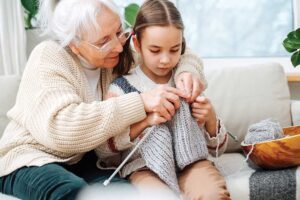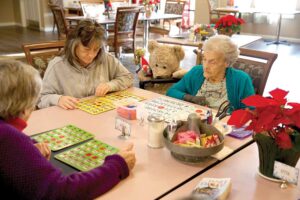By Kimberly Blaker
Humans are inherently social animals who rely on interpersonal relationships for a variety of needs. When people experience healthy friendships, family dynamics, and even casual positive interactions with others, they feel a sense of belonging and satisfaction, which translates to better health. Unfortunately, when your social connections and relationships don’t meet your individual needs, feelings of loneliness and isolation may occur and can have potentially devastating consequences.
How does loneliness and isolation affect physical and mental health?
Feelings of loneliness and isolation can significantly impact our health, especially when these feelings occur for an extended time. Unsatisfactory social relationships or connections can lead to a host of problems for both body and mind.
Physical health can be impacted by loneliness in surprising ways. According to the Centers for Disease Control in “Loneliness and Social Isolation Linked to Serious Health Conditions,” loneliness can significantly impact our health. It increases the risk for premature death, strokes, heart disease, heart failure, and other cardiovascular issues at levels comparable to those who smoke, are obese, or physically inactive.
Various studies have also shown correlations between loneliness or isolation and other complications, reports Amy Novotney in “The risks of social isolation.” These include poor sleep, decreased self-control, higher stress levels, and lower immunity, to name a few.
Mental health struggles can also develop from feeling isolated or lonely. This is true not only for adults but children and adolescents. On June 3, 2020, researchers published their findings in “Rapid Systematic Review: The Impact of Social Isolation and Loneliness on the Mental Health of Children and Adolescents in the Context of COVID-19.” Maria Elizabeth Loades et al. found depression, anxiety, and even suicidal ideation and attempts are potential issues resulting from a lack of sufficient positive and healthy social relationships.
Among older adults, extended social isolation may even increase an individual’s risk for dementia or cognitive decline, according to a 2019 study, “Are loneliness and social isolation associated with cognitive decline?” by Elvira Lara et al.
How are various demographics impacted by loneliness and isolation?
While all people require some level of personal connection and interaction, individuals and specific demographic groups may have different needs or struggles related to loneliness and isolation. Anyone can, at times, experience isolation from others. Those who lack close family or friends, have moved to a new place, differ from their community, or belong to any kind of outgroup are at risk of missing out on their desired level of social connection. Certain groups, according to the CDC, are particularly at increased risk of experiencing isolation and loneliness.
Single parents may have children around, but that isn’t enough to prevent feeling lonely or isolated from adults. Parenting, even with a partner, already comes with these challenges. It can be exacerbated if you’re also dealing with a challenging co-parenting situation or experiencing a loss.
Seniors are a group significantly affected by social isolation. Experiences like divorce, becoming a widow or widower, children growing up and moving away, retirement, chronic illness, and moving to a retirement home or care facility can increase these feelings.
People with mental illness can have symptoms reappear or increase in severity if they don’t have access to a support network, including friends, family, or others to connect with.
Immigrants may face language barriers, differences in customs or local dynamics, or lack established social relationships. They may also feel incredibly lonely being away from their home, culture, or family.
Members of the LGBTQ+ community may be affected by discrimination and stigma. They may even experience loss of relationships with family and friends who don’t accept them, leaving them isolated from former social groups.
People with disabilities may experience increased isolation or feelings of loneliness depending on their individual situations. They may face barriers in communication, discrimination, stigma, or even physical impediments preventing easier engagement in social relationships.
How to reduce isolation and loneliness.
Unfortunately, dealing with loneliness and isolation is becoming a widespread experience. According to experts, most people from all walks of life report feeling a lack of social connection or relationships at some point in their lives. Sometimes experiencing these feelings is a consequence of larger problems like a pandemic where people need to maintain distance to stay safe.
Though it may seem impossible, isolation and loneliness do not have to become a permanent state. Even if you must be physically apart from others, there are many ways to stay connected and build new social relationships.
- Reach out to friends, family, former co-workers, or neighbors who you haven’t talked to in a while or have lost touch with. Send an email, a letter, a text, or even pick up the phone and give them a call.
- Join groups where you can connect with others through shared interests. A book club, cooking class, community college course, club sports team, fitness class, or community theater are a few possibilities. It’s easier to maintain relationships when you have things in common—plus interest-based groups provide opportunities to connect with others in a structured but lower-stress environment.
- Technology opens up so many opportunities to make social connections and build virtual relationships with real people. You can join social networks and find groups for people in similar life situations, with similar interests, or just looking to connect with others. Just be conscious of how you’re using social media. Seeing other people’s “highlight reels” can actually increase the feeling of being left out.
- Volunteer for a cause that’s dear to your heart. You can find others who share similar interests or values while gaining satisfaction from giving back to your community. Especially consider working with populations who are at risk for loneliness. This way, you can help others while helping yourself.
- If you’re experiencing significant mental or physical health problems related to loneliness or isolation, speak with your doctor or mental health care professional. They can support you and direct you to various resources.
When feelings of isolation or loneliness become overwhelming, it’s hard to imagine how to change your circumstances. But with a little effort and perhaps some support, there are ways to create and maintain healthy social relationships and connect to others, regardless of our personal situation or the world around us.
For additional informative and inspirational articles, visit 50 Plus News and Views Bloomington Normal online edition today.










